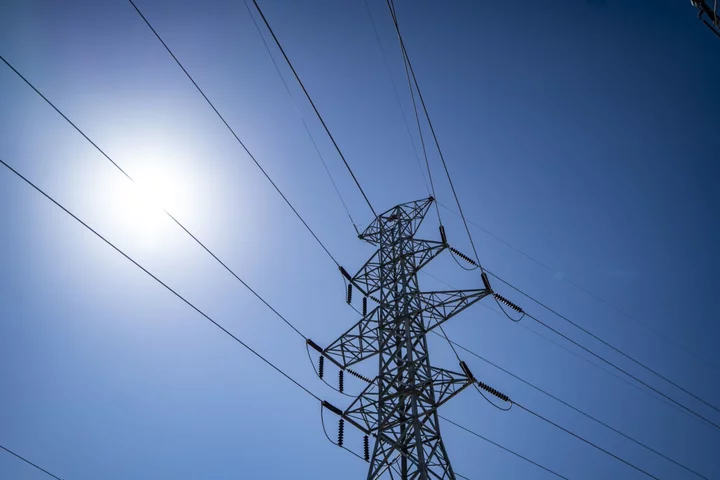President Joe Biden stopped short of saying he would declare a national climate emergency, a move progressive lawmakers and activists have urged, while calling global warming an “existential threat.”
In a Weather Channel interview that aired Wednesday, Biden said he had “already done that” when asked if he would declare an emergency. He touted his administration’s land conservation policies, rejoining the Paris climate agreement and hundreds of billions of dollars for climate change in his Inflation Reduction Act.
“We’re moving. It is the existential threat to humanity,” Biden said in the interview.
Asked again if he had already declared an emergency, the president said, “practically speaking, yes.”
Read More: ‘Climate Emergency’ Calls Grow as Smoke Chokes Washington
An emergency declaration would unlock sweeping executive powers for Biden, allowing him to block crude oil exports and place curbs on other fossil fuels. Biden considered the move, which would also allow him to shift funds toward clean-energy construction, last summer when his climate agenda stalled in Congress. But he ultimately decided against it.
Climate activists and some Democratic lawmakers have once again pressed him to make the move as wildfire smoke and sweltering heat have blanketed cities across the US this summer.
Biden taped the interview during a stop at the Grand Canyon, the first leg of a three-state tour to promote his climate and “Bidenomics” agenda and reverse voter disapproval of his economic record.
Earlier: Biden Says Extreme Heat Costing US $100 Billion Annually
At an event Tuesday, Biden declared a new national monument near the Grand Canyon that restricts future uranium mining in the area, an effort to protect natural resources and promote clean energy.
Extreme heat has plagued cities across the US and beyond this summer, with July officially declared the earth’s hottest month on record. Large metropolitan areas from Phoenix to New York boiled in the sometimes deadly temperatures. The temperatures have threatened to overwhelm power grids and have disrupted transportation, particularly for air travel and railroads.
The US has also been suffering from the effects of unprecedented wildfires in Canada, which have repeatedly blanketed east coast and Midwestern cities with toxic smoke and led to air quality alerts in multiple states.
Biden has said extreme heat costs the US $100 billion annually, linking it directly to climate change. In response, Biden asked the Department of Labor to issue a hazard alert that would ensure workers heat-related protections under federal law.
The Department of the Interior is also investing $150 million from Biden’s signature infrastructure law in clean drinking water on the West Coast. The Forest Service will allocate more than $1 billion to help municipalities plant trees.









